

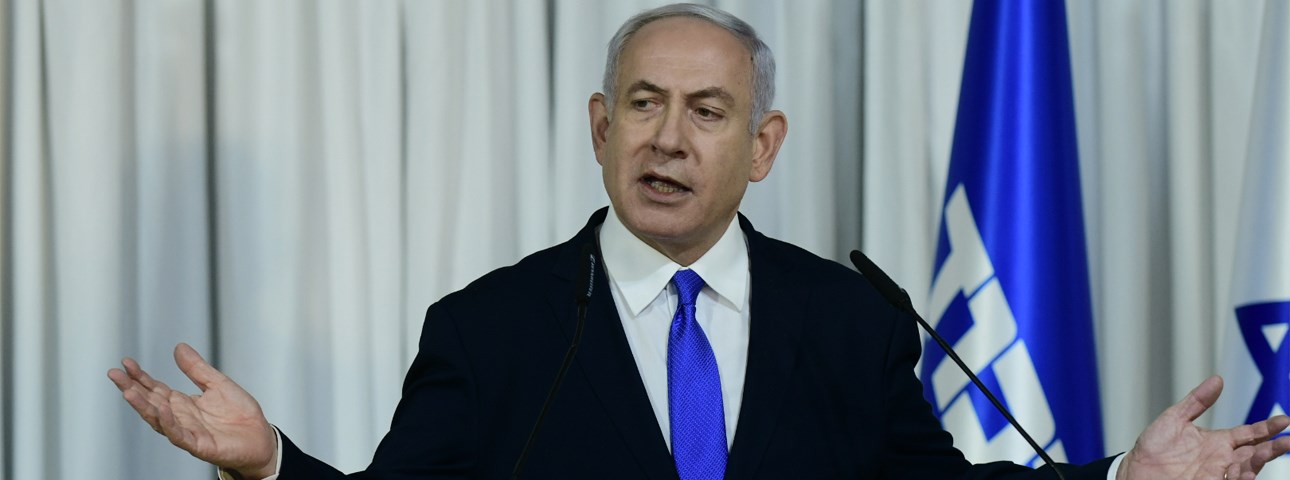
Netanyahu vs. the State of Israel?
Written By: Prof. Yedidia Z. Stern
While the final decision about an indictment will not be made until after a hearing, with the publication of the draft indictment, the Prime Minister must decide whether he will launch a public campaign under the reverse heading: “Benjamin Netanyahu vs. the State of Israel"
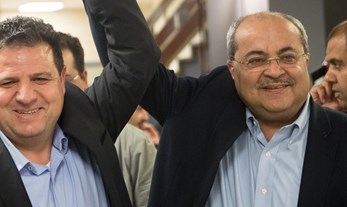
Counting the Votes
Written By: Dr. Arik Rudnitzky
Will Arab elected officials adopt a pragmatic and matter-of-fact approach and overcome the obstacles standing in the way of establishing political partnerships among them, in order to encourage Arab voters to go to the polls on Election Day?
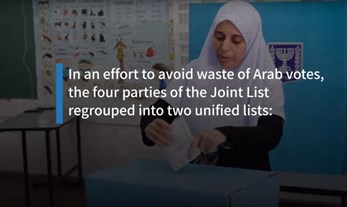
Disintegration of the Joint List poses new challenge to future of Arab politics
The fifth in a series of articles and videos prepared by the Israel Democracy Institute in the run-up to April 9, explaining and critiquing what goes on during an election period

Exclusive Pre-Elections Survey
Written By: Prof. Tamar Hermann, Dr. Or Anabi
Exclusive Pre-Elections survey by the Guttman Center at the Israel Democracy Institute finds that half of Israelis find it harder than in the past to decide whom to vote for; 25% base their choice on the party’s positions on socioeconomic issues and 18% on who heads the party; 27% do not trust the integrity of the Knesset elections

Don’t Vote for Parties that do not Operate Transparently
Written By: Adv. Alona Vinograd
These elections provide us with an opportunity to raise our voices on the need to regulate the parties’ conduct so that they operate transparently and are accountable to the public
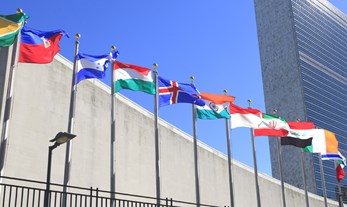
UN Commission Report on Gaza – Response
Written By: Prof. Yuval Shany, Colonel (Res.) Dr. Liron A. Libman, Prof. Amichai Cohen
The report and its conclusions, regardless of whether or not they will be acceptable to the State of Israel, once again highlight the importance of the rule of law, and bring to the fore the need for in-depth investigations of events which might be construed as in violation of international law

Is Israel Approaching its Watergate Moment?
Written By: Yohanan Plesner
In an op-ed published in the Washington Post, Yohanan Plesner assures readers that, "Supporters of Israel's democracy at home and abroad should know that so far the checks and balances built into our young democracy are holding up in the face of serious pressures."

Response to A-G's Announcement to Indict PM Netanyahu Pending a Hearing
Written By: Yohanan Plesner , Prof. Yuval Shany
Yohanan Plesner, President of the Israel Democracy Institute, and Prof. Yuval Shany, Vice President of Research "No democracy can tolerate public corruption or any exception to the principle of equality before the law."
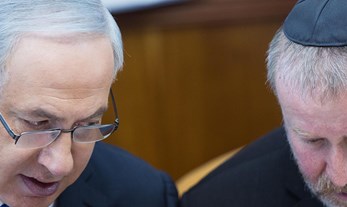
Indictment Timeline
Written By: Dr. Guy Lurie
As the Israeli attorney-general is expected to announce his decision regarding the possible indictment of Prime Minister Netanyahu on corruption charges, Tipping Point hosts two leading experts for a discussion on the legal and political ramifications. Dr. Guy Lurie (Israel Democracy Institute) and Dr. Emmanuel Navon (Kohelet Policy Forum) try to make sense of what’s about to come

5 Rules on How to Act Smart and Protect Yourself in the Digital Age
It is difficult to identify them - they are hidden, disguised, sophisticated and resonate to us what our immediate surroundings think. During the election campaign they are at their peak - bots, fake accounts, unnamed identifiers - all trying to influence public opinion. We bring to you 5 tips for managing smart online presence

What Would be the Fate of a Prime Minister Convicted in a Court of Law?
Written By: Dr. Guy Lurie
The fourth in a series of articles and videos prepared by the Israel Democracy Institute in the run-up to April 9, explaining and critiquing what goes on during an election period
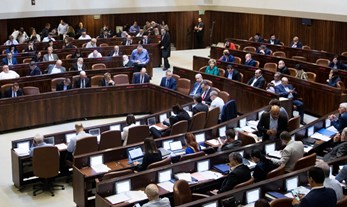
A Call to Adopt a Government Code of Ethics
Written By: Dr. Guy Lurie
Such a code will not only prevent corruption, but in addition will prevent serious damage to the government’s image and attacks on law enforcement
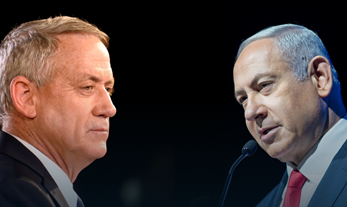
Political Parties Merge: Israel Reverts to Two-Blocs
Written By: Yohanan Plesner
Following the merger between Yesh Atid and the Israel Resilience Party, April’s elections will feature real competition between two major blocs. The next step in minimizing fragmentation in the Israeli political system is reforming the method by which a government is formed. The head of the largest party should automatically be appointed to form the next government.

Netanyahu – Why is There Such A Fierce Debate?
Written By: Yair Sheleg
Israel has had 12 prime ministers in its 70 years, but none provoked such fierce emotional debates as Netanyahu.

Prime Minister under Investigation – A Guide for the Perplexed
The following guide represents the collective wisdom of the Israel Democracy Institute's scholars and explains the various possibilities and scenarios as Israel enters unchartered political and legal waters
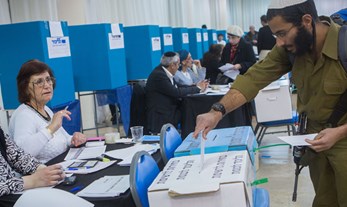
How do Primaries Work and How Could they be Improved?
The third in a series of articles and videos prepared by the Israel Democracy Institute in the run-up to April 9, explaining and critiquing what goes on during an election period
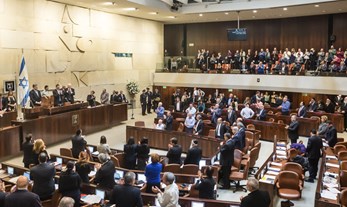
It’s time to change how we select Knesset candidates
Written By: Prof. Gideon Rahat
Primaries often don't reflect the true will of actual party supporters -- voters should weigh in on Election Day
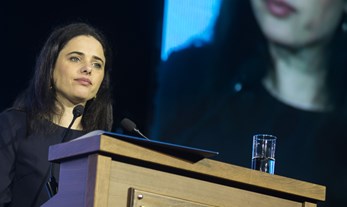
How Well are Women Actually Represented in Israel’s Government?
In February 1969, Golda Meir was appointed fourth prime minister of the State of Israel. Despite this achievement, the inclusion of women in Israel’s cabinets is far from impressive. Dr. Ofer Kenig explains that after 70 years of independence, the time has come for Israel’s governments to strive for true equality and reflect greater gender balance.

Israeli Politics is Still a (Mostly) Boys’ Club at the Top
Written By: Prof. Ofer Kenig
Despite record numbers in the Knesset, few females hold senior government posts — their absence leaves Israel worse off.
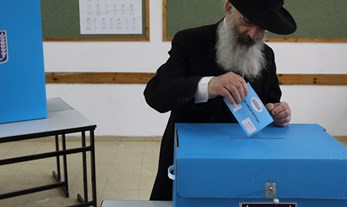
Ultra-Orthodox Political Parties in Israel—Past, Present, Future
Written By: Dr. Gilad Malach
What is the secret behind the power of the ultra-Orthodox political parties in Israel and how has it changed over the years? The article presents an overview of the development of the ultra-Orthodox political parties in Israel from the establishment of the State as well as insights as to future developments.

Time to Vote for a Bloc!
Written By: Prof. Yedidia Z. Stern
“The great task before all — right and left, religious and secular, Jew and Arab — is to break down the veto power that the extremists among us wield over the center on various fronts”

In Healthcare, Better Data Demands Better Privacy Protections
Written By: Dr. Tehilla Shwartz Altshuler
In an op-ed published in Techcrunch, Dr. Shwartz Altshuler analyzes the dangers of exploiting one of Israel's rare assets - an extraordinary volume of computerized healthcare information, and the potential damage it could cause.

Special Elections Survey
Written By: Prof. Tamar Hermann, Dr. Or Anabi
The Jewish public is divided over the question whether the prime minister should resign if indicted by the Attorney General, pending a hearing; 52% of the Jewish public believes that Israelis living abroad should also have the right to vote
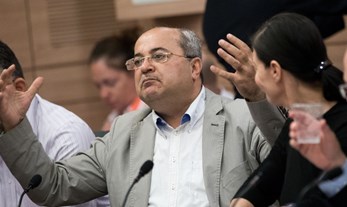
Arab Politics in the 2019 Election Campaign
Written By: Dr. Arik Rudnitzky
A review of political and ideological streams in Arab society in Israel - towards 2019 elections.

Why Are There so Many Political Parties, and Why Does This Fragmentation Obstruct Governance?
“The current system grants small parties disproportionate power, leads to excessive preoccupation with coalition management, does not provide strong incentives for creating an effective opposition, and leads to the allocation of over-sized budgets to sectoral interests. We need to create a system of incentives which will solidify the political system into two main blocs.” says Prof. Gideon Rahat
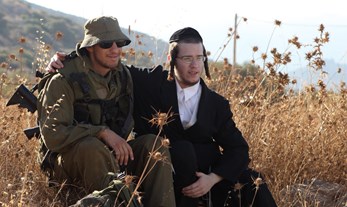
Climbing up the Socioeconomic Ladder: Military Service among the Ultra-Orthodox
Written By: Dr. Asaf Malchi
Even though military service seems to be one of the most blatant threats to the ultra-Orthodox lifestyle, it has become a rather attractive channel for broad segments of the community.
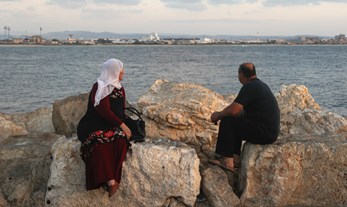
The Five-Year Plan for Arab Israelis: the Acid Test of the Upcoming Elections
Written By: Dr. Nasreen Haddad Haj-Yahya
The five-year plan for the development of the Arab community was a giant step forward towards the socioeconomic advancement of Israel’s Arabs, nevertheless the current election campaign is going to be the acid test: Is the Israeli government serious about integrating the country’s Arab citizens into the broader society, or merely in promoting the Arab economy in light of its importance for the country’s overall prosperity?
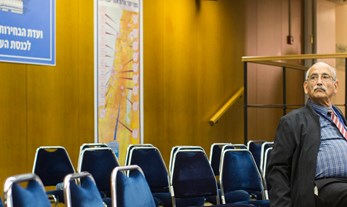
Has The Era of the Primaries Come to an End?
Written By: Prof. Ofer Kenig
Democracy is at risk when the responsiveness between the public and its elected representatives is severed. Without accountability, political extremism and populism will become more prevalent.

The Future of the Labor Market
The labor market is undergoing dramatic changes - is Israel ready?

How Do We Choose Judges in Israel?
How are judges appointed in Israel? Who sits on the committee? And why is it so important to maintain the balance between judicial independence and democratic accountability in the appointing process? Tune in to learn more with Dr. Guy Lurie

